Lola (1961)
“This town and its people bore me.”
|
Synopsis: |
|
Genres, Themes, Actors, and Directors:
Review: However, despite a seemingly endless series of coincidences and connections, life is far from straightforward for any of the characters in this film, who all hold on to secret desires and hopes. As pointed out in the video essay “Capturing Coincidences and Mirroring Characters”, Demy’s screenplay is meticulously crafted to show thematic and emotional parallels between various individuals — from young Cecile (Duperoux), like Aimee, being an aspiring dancer who falls for a blond American sailor (Scott) at the age of 14: … to Roland’s belief that his first love (Aimee) must somehow be destined for him. Given that Aimee’s character comes across at first like an irresponsible single mom nurturing unrealistic expectations (she appears to be deliberately mimicking Marilyn Monroe at times, and even references her explicitly): … it’s pleasantly surprising how we gradually come to root for Lola, and learn that she actually considers being a “good mom” at the top of her list of favorite personal traits (despite leaving her 7-year-old son regularly at home alone! oh, those were different times): Indeed, we remain invested until the very end in how things will turn out for each of these characters — and when a mysterious figure from early in the film suddenly shows up again at the end, we cheer for life’s occasional serendipities. Notable Performances, Qualities, and Moments: Must See? Categories
(Listed in 1001 Movies You Must See Before You Die) Links: |
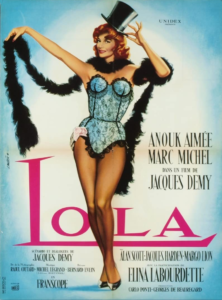
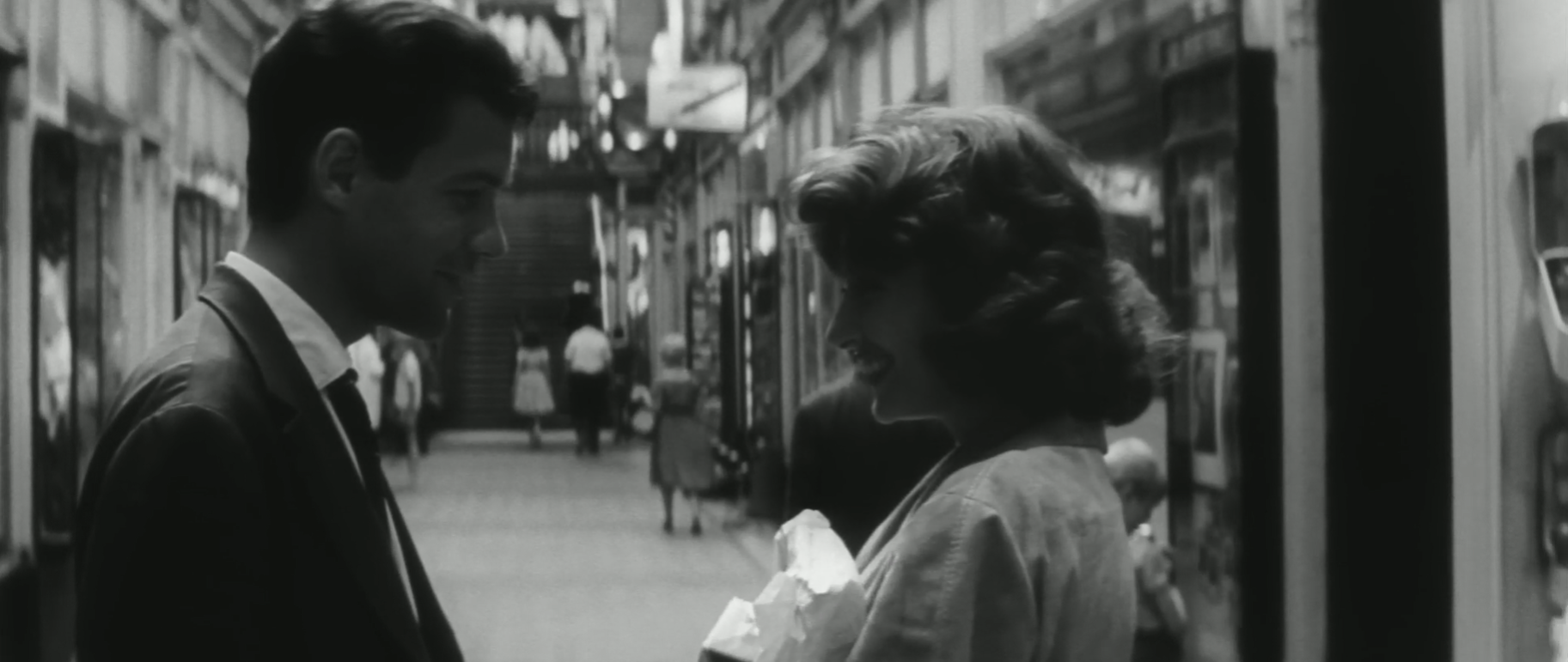
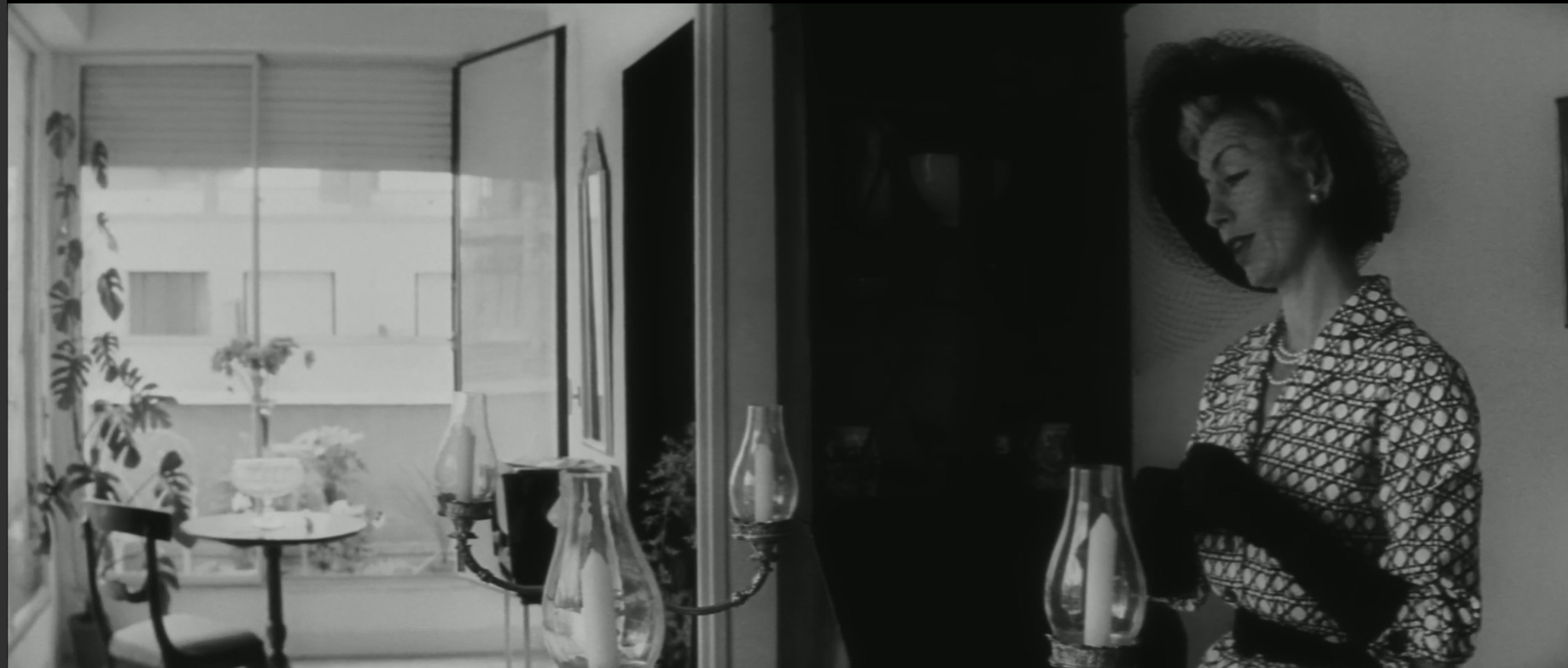
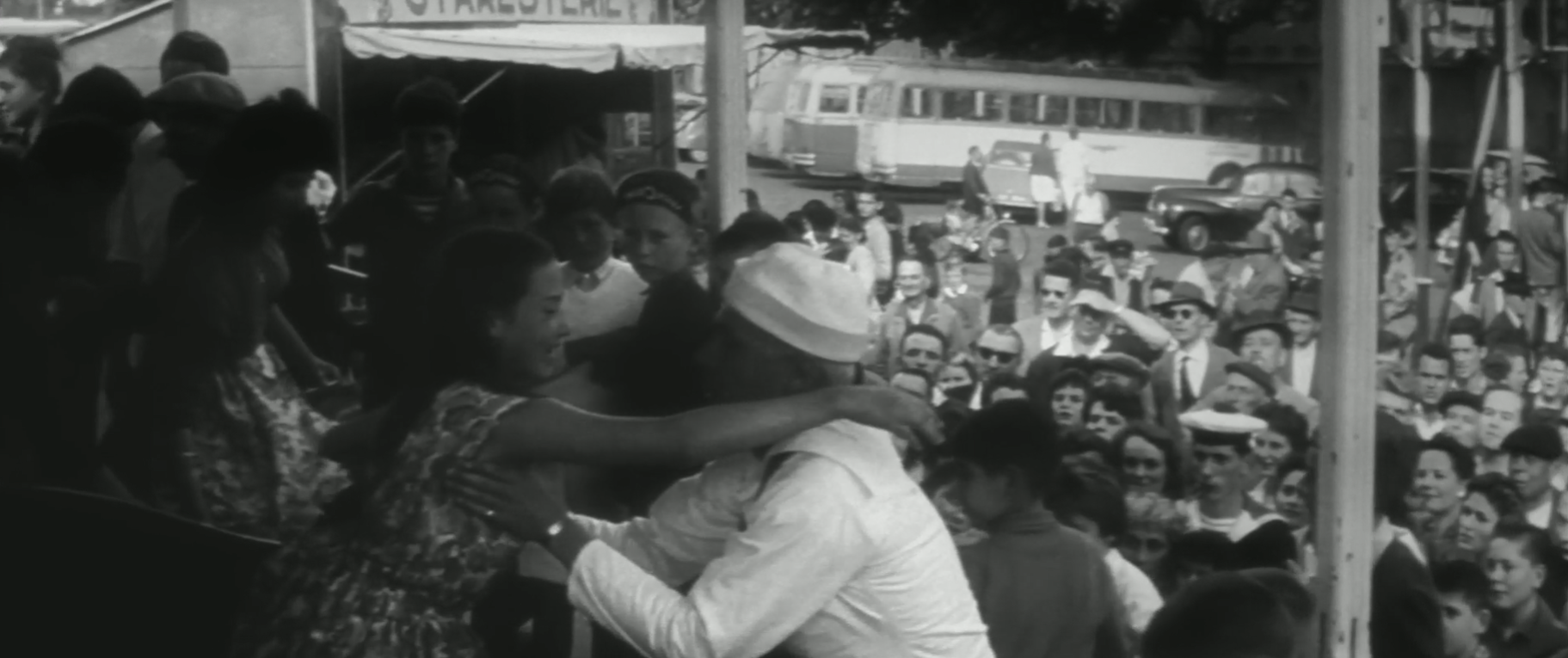
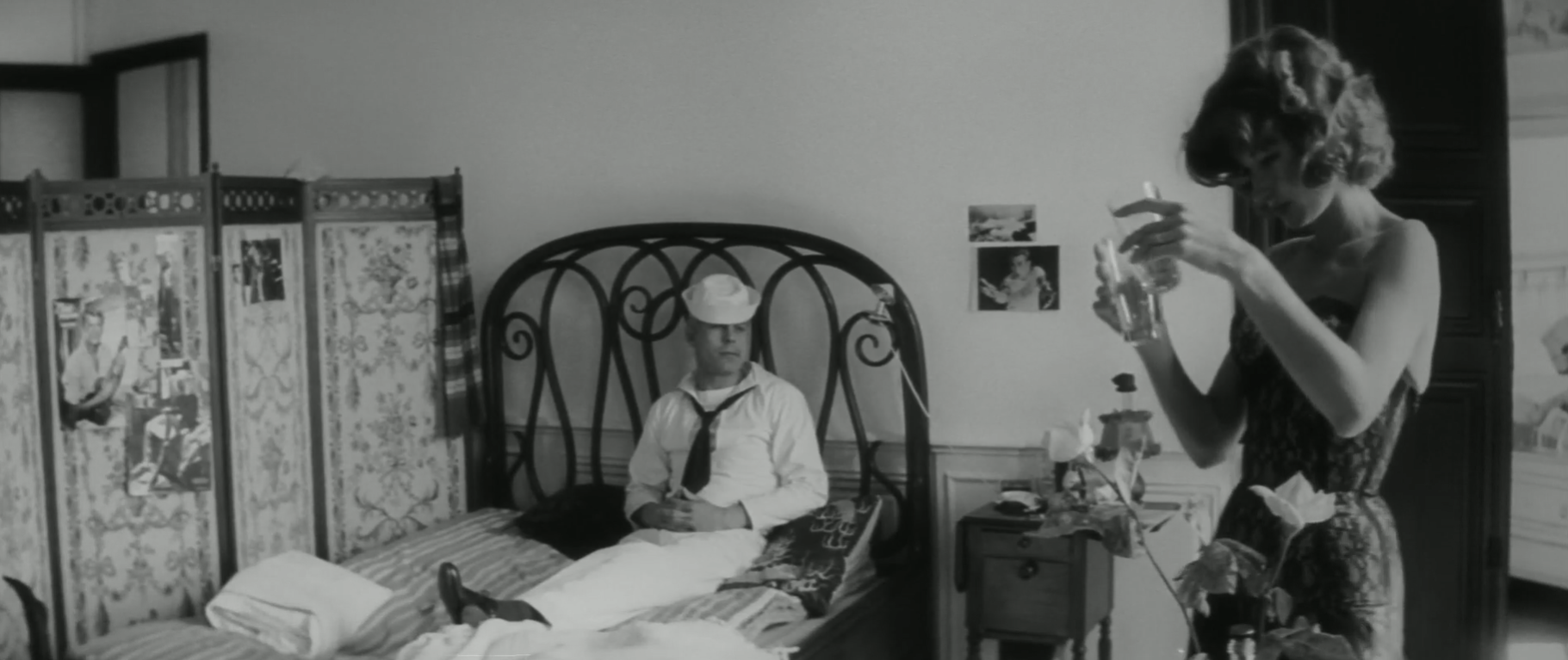
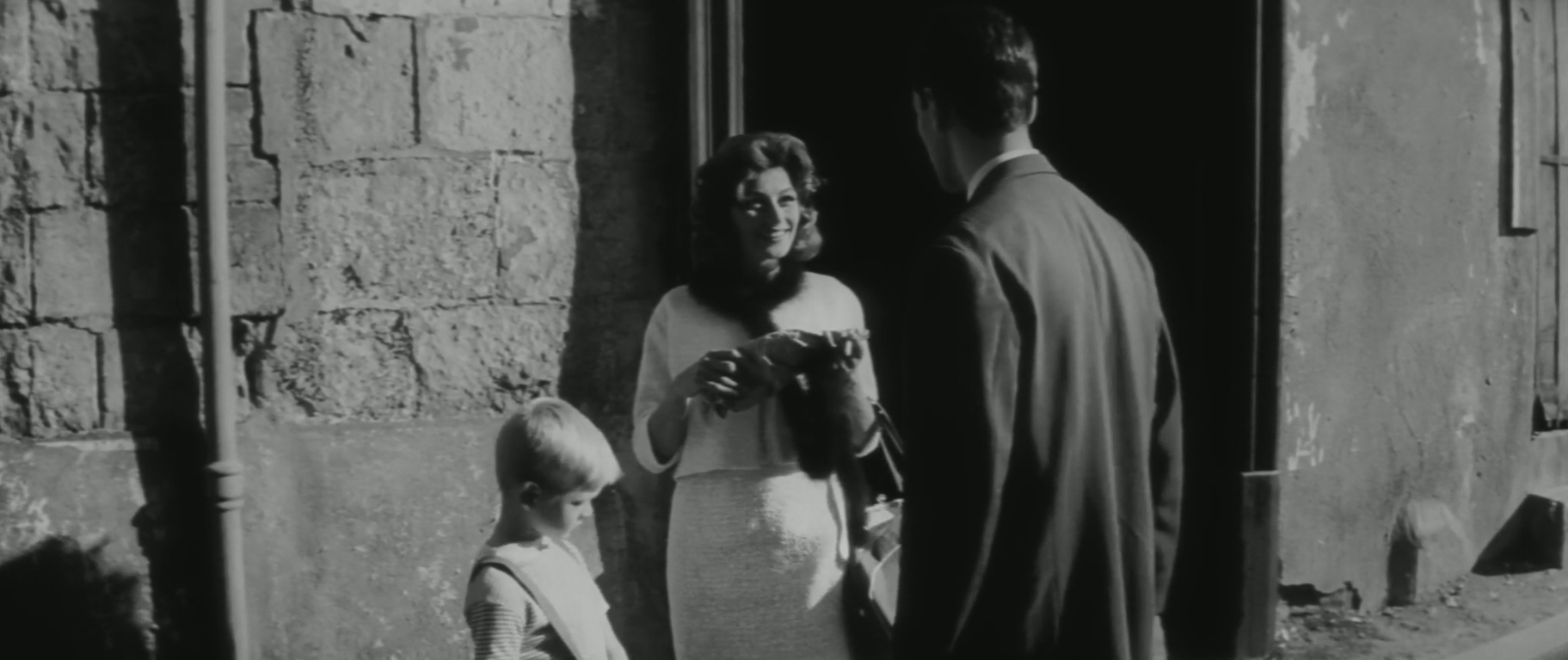
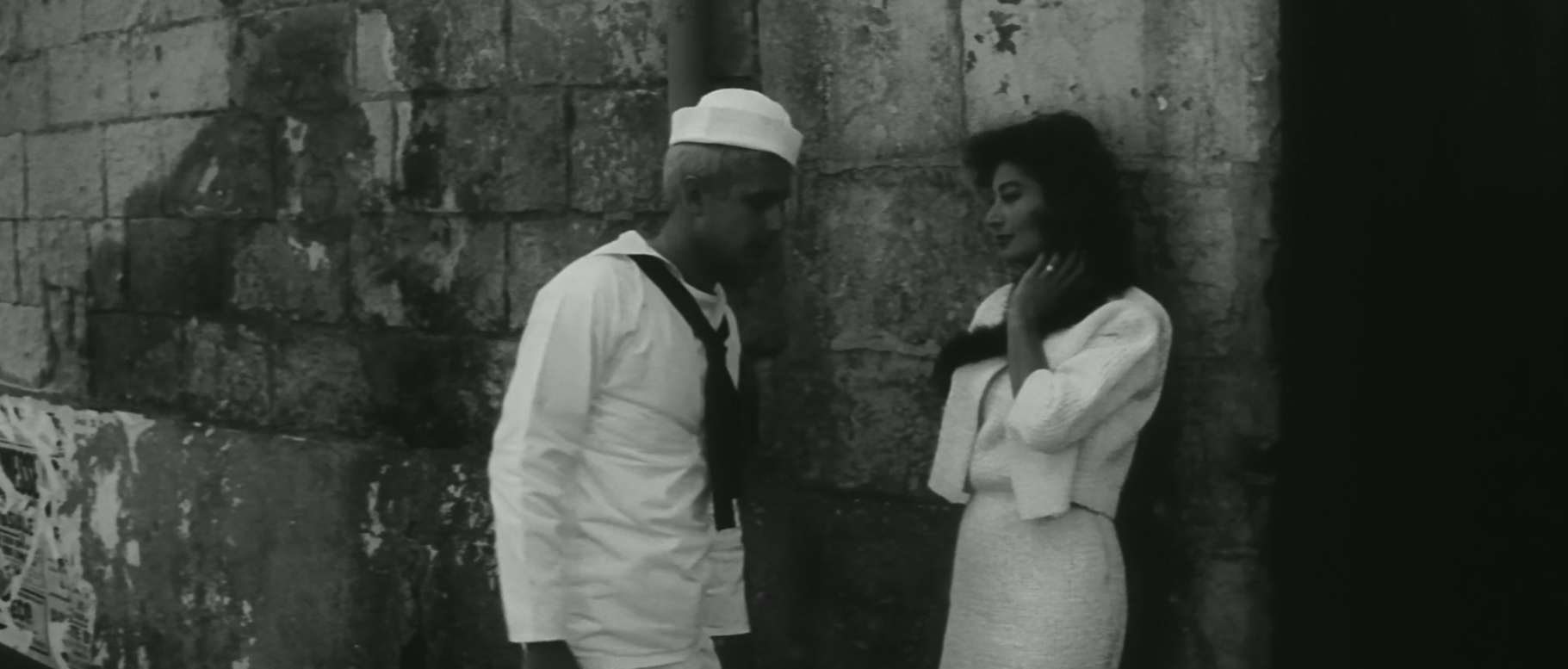
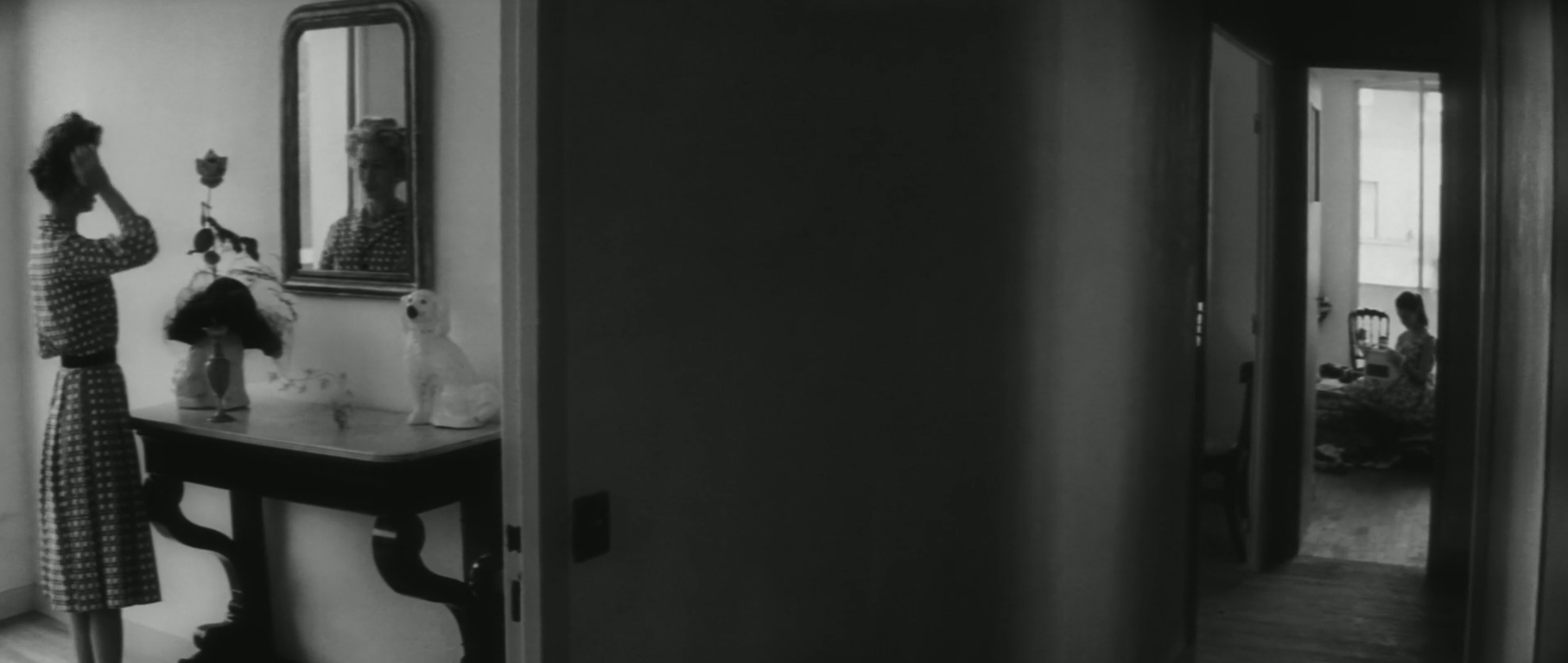
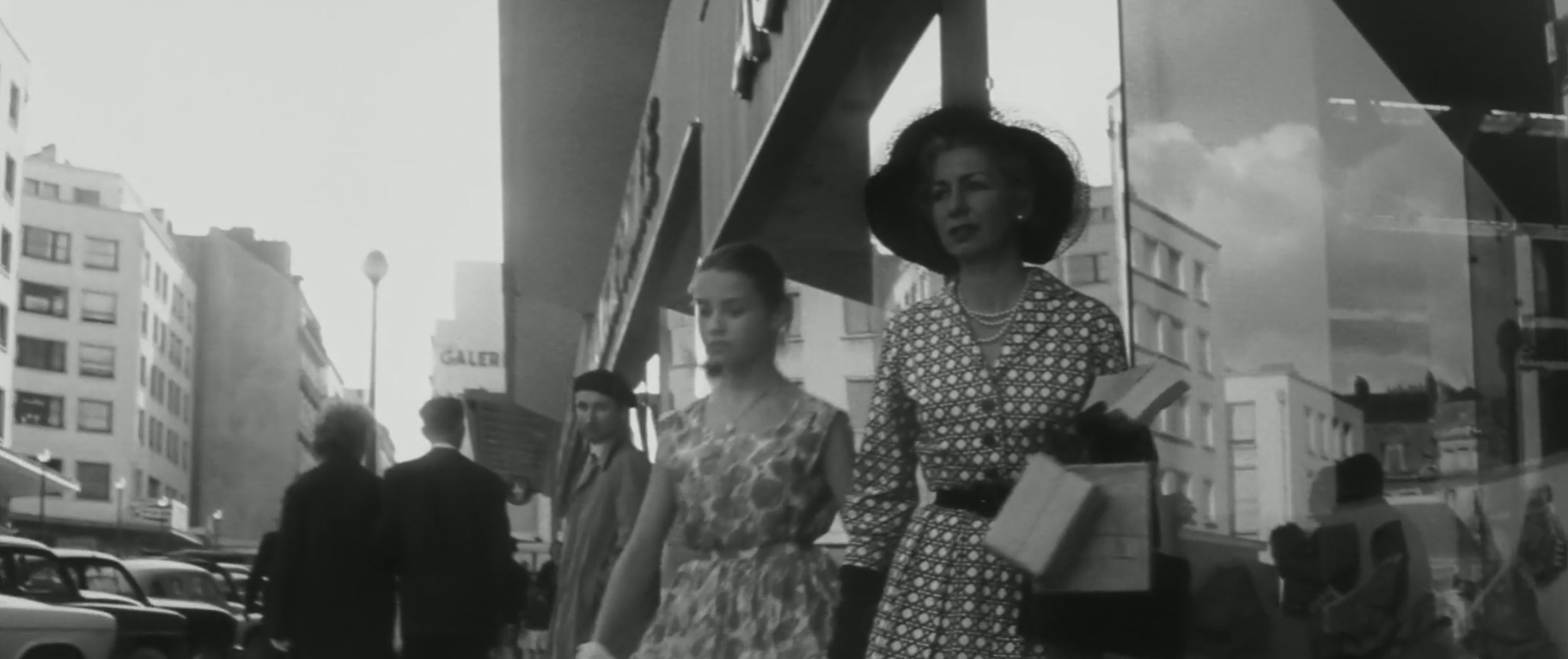
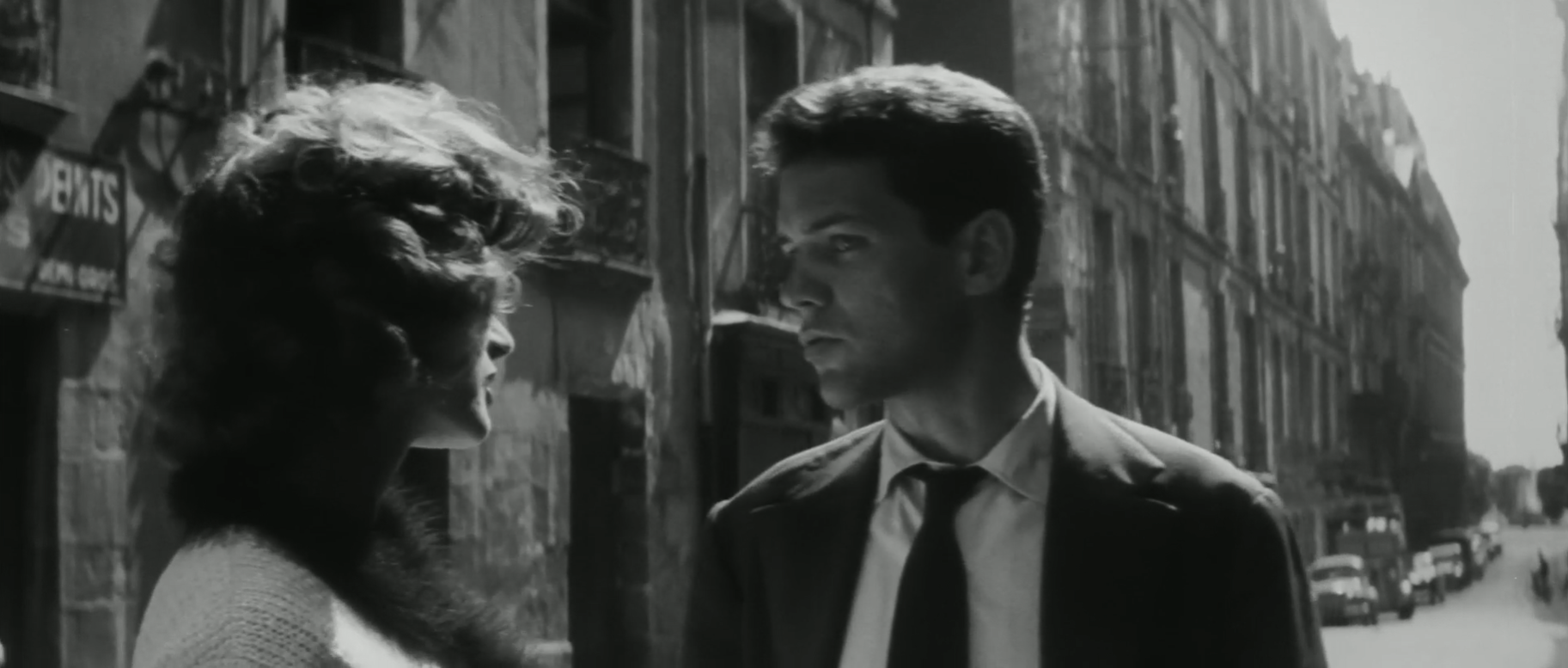
2 thoughts on “Lola (1961)”
Not must-see.
Another Demy film for the hopeless romantic. The script is amateurish, most of the dialogue is of little consequence (when it isn’t nonsensical or annoying), so it’s no surprise that the performances are superficial.
The main problem is that the leads who are doomed to not be lovers are rather like Gary Cooper and Helen Hayes in ‘A Farewell to Arms’; they have nothing in common but a possible desire for each other (which turns out to not be mutual) and their conversations are limited to talk about love. It becomes tiresome.
And then there’s the guy who left Aimée for *years* and finally shows up again out of the blue, fully expecting to just take over with her where he left off. He has been totally incommunicado and says that, while away, he thought of her “constantly”. (He never heard of postcards?)
And don’t get me started on the diamond smuggling subplot – supposedly introduced to give the film some badly needed weight… and then it basically fades away. Sheesh.
The characters are paper-thin, as in all of Demy’s films… I was taken enough with the clever intricacies of his script that I didn’t mind this time around. I saw them as representations/types, which seems to be a limitation of his work.